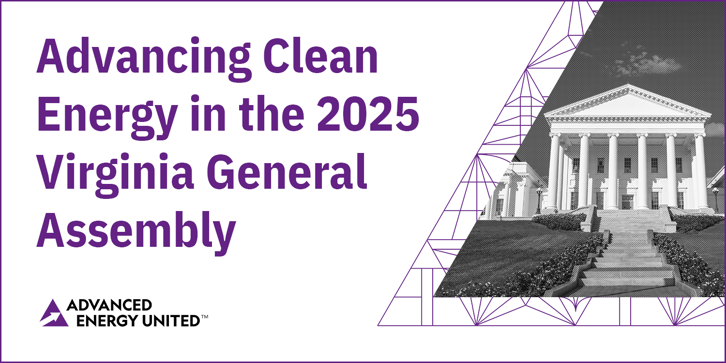
The 2025 Virginia legislative session launched on January 8, with a rapid sprint toward crossover on February 4, and concluded on February 22. Over 45 days, lawmakers raced to pass critical legislation. With a high-stakes governor’s race and House elections looming in November, Advanced Energy United’s Virginia policy team advanced key energy policies while navigating a challenging landscape.
Read More
Topics:
State Policy,
Virginia,
Permitting and Siting
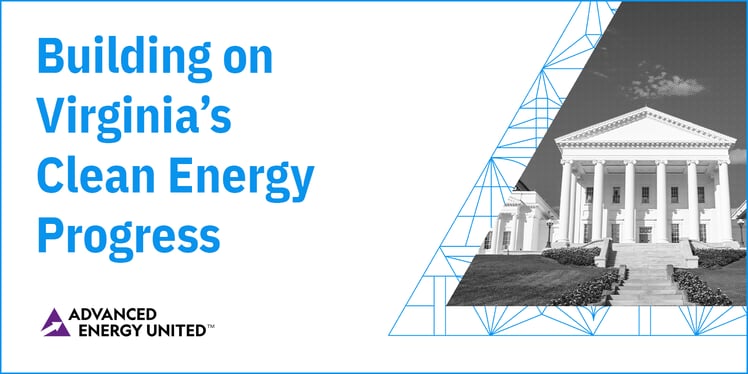 From July to August, Advanced Energy United hosted 23 candidate education meetings with six member companies for Virginia’s General Assembly candidates, Governor Youngkin’s policy team, and the Virginia Department of Energy in Richmond, Norfolk, Charlottesville, and McLean. These small group discussions provided a space for both new and seasoned candidates to ask questions and learn more about who we are, what we do, and how our member companies are saving consumers money, creating good-paying jobs, and generating new economic rewards while decarbonizing the American electricity grid and transportation sector.
From July to August, Advanced Energy United hosted 23 candidate education meetings with six member companies for Virginia’s General Assembly candidates, Governor Youngkin’s policy team, and the Virginia Department of Energy in Richmond, Norfolk, Charlottesville, and McLean. These small group discussions provided a space for both new and seasoned candidates to ask questions and learn more about who we are, what we do, and how our member companies are saving consumers money, creating good-paying jobs, and generating new economic rewards while decarbonizing the American electricity grid and transportation sector.
Read More
Topics:
Virginia
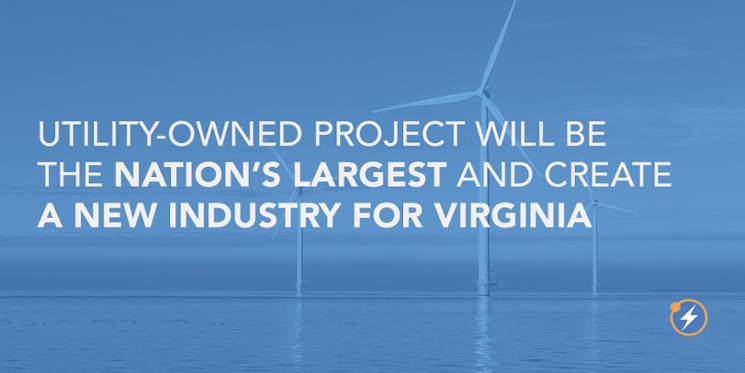
On Friday, August 5, Virginia’s State Corporation Commission (SCC) provided its stamp of approval for construction of the Costal Virginia Offshore Wind (CVOW) project – a 2.6 GW wind farm located 27 miles off Virginia Beach. For Virginia, the project is cause for excitement, for its jobs and cost savings benefits, as well as its key role in the Commonwealth’s clean energy future. But as it will also be the first offshore wind farm built and owned by a regulated utility, and carrying a big price tag, it calls for particular scrutiny. And in SCC’s review and final order, that’s what it got.
Read More
Topics:
State Policy,
Regulatory,
Virginia,
Offshore Wind
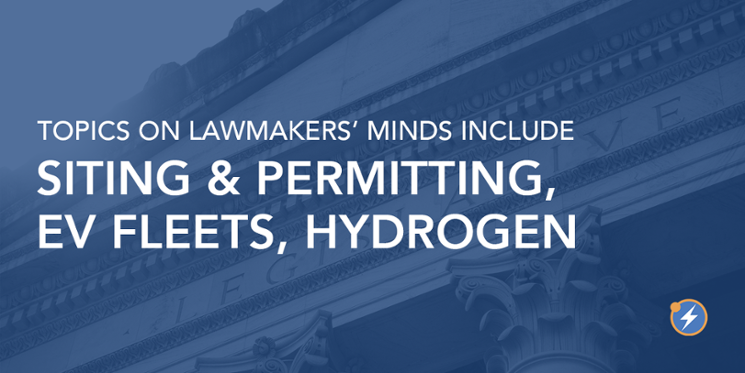
Since the start of this year’s legislative sessions, Advanced Energy Economy has been tracking energy legislation across all 50 states, the District of Columbia, and the U.S. Congress through its online PowerSuite platform. PowerSuite provides policy tracking by policy professionals. In the process, we have identified several trends in how states are contemplating the future of their energy, transportation, and building sectors. The bills described in this post, which range from simply introduced to fully signed into law, by no means represent every bill in the country filed this year, but are rather indicative of the attention being devoted to each topic by lawmakers. What follows represents the top 10 state energy legislative issues of 2022.
Read More
Topics:
State Policy,
Advanced Transportation,
Virginia,
Arizona,
Pennsylvania,
Indiana,
California,
Massachusetts,
Maine,
Nebraska,
Tennessee,
Maryland,
Wyoming,
Connecticut,
New Jersey,
West Virginia,
Idaho,
Washington,
Hawaii,
Louisiana,
Minnesota,
New Hampshire,
South Dakota,
New York,
New Mexico,
Florida,
Illinois
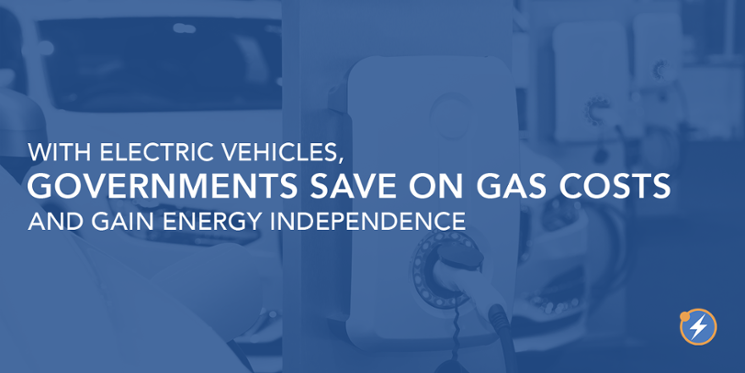
A new trend is emerging as a growing number of governors and state legislatures are taking action to electrify their state-owned motor vehicles. By accelerating their own transition to clean transportation fleets, states are leading by example while saving taxpayer money, lowering maintenance requirements, reducing emissions, and contributing to energy independence.
Read More
Topics:
State Policy,
Advanced Transportation,
Virginia,
Massachusetts,
Maine,
Maryland,
Connecticut,
Rhode Island,
Oregon,
Washington,
Hawaii,
New Hampshire,
North Carolina,
Illinois




